All recent developments signal that the Middle East, North Africa and Gulf regions are facing major political and security changes.
These days, the Middle East, North Africa and the Gulf region are abuzz with US President Donald Trump's ideas about the future of Gaza, with many moves surrounding and related to the new regime in Syria and with the uncertain prospects of the relationship between the US and Iran.
All of these signal that this large region is facing many major political and security changes.
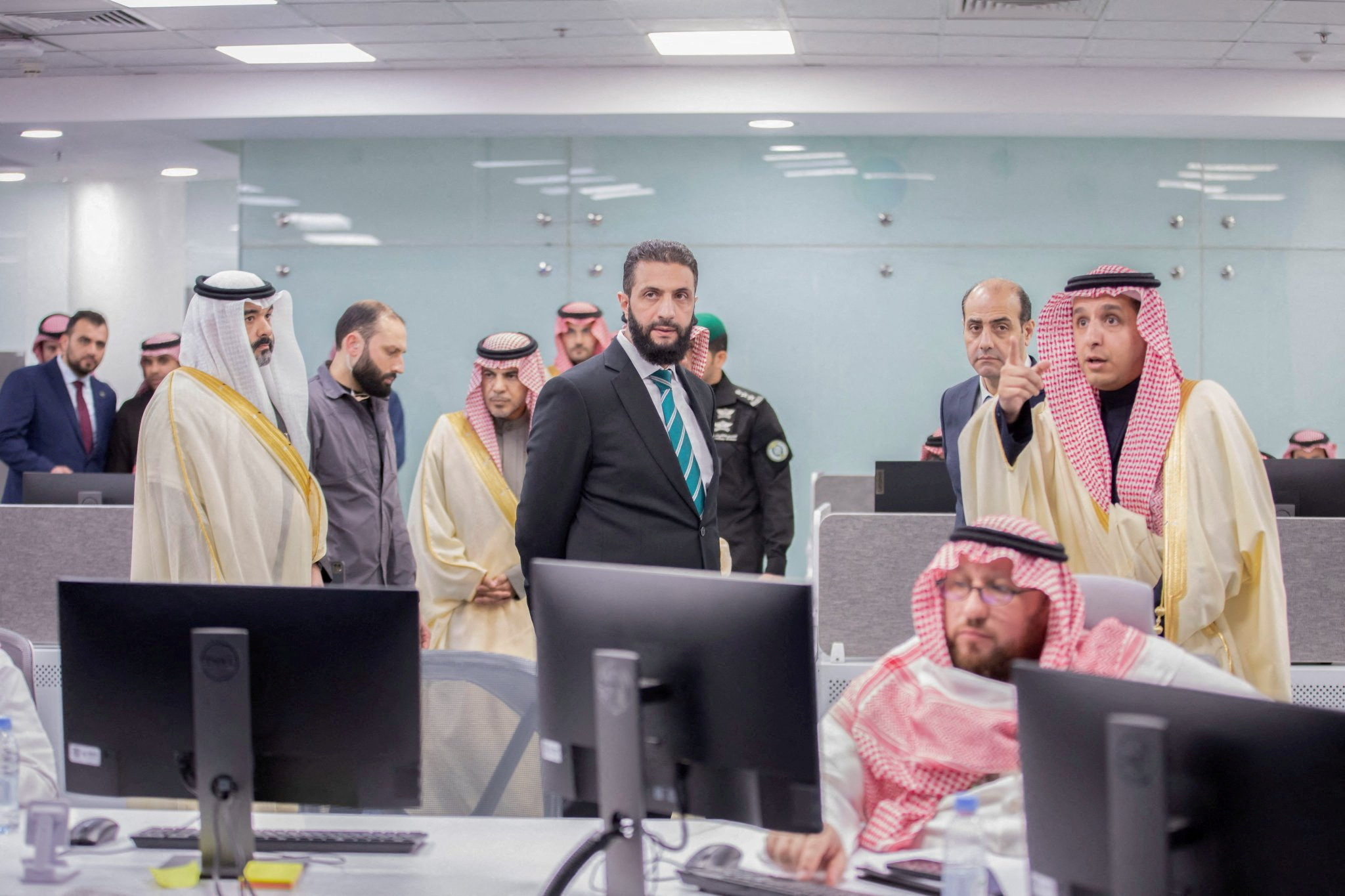
New Syrian regime leader Ahmed al-Sharaa (center) visits Saudi Arabia on February 2, 2025
Trump’s idea of evacuating the Palestinians from Gaza and placing the strip under US administration, although unlikely to be feasible in practice, contains a message that the US absolutely supports Israel and encourages Israeli Prime Minister Benjamin Netanyahu to act with many parties in the region such as Palestine, Hamas, Hezbollah, Houthi and Iran. That alone is enough to show that peace and reconciliation, security and stability in this large region cannot be achieved soon. Trump continues to threaten Iran while showing his willingness to dialogue with Iran. With the same approach and because Trump is still enthusiastically supporting Israel, the prospect of improving US-Iran relations under Trump is difficult.
Meanwhile, Syria is being watched by many external partners, and has even begun to tear apart its influence. The new regime in Syria is trying to reposition itself in the game of geostrategic interests of external partners, trying to take advantage while avoiding being exploited by external parties, proactively participating in the common game in the region rather than continuing to be the place where that game takes place. Therefore, this large region will change very strongly and fundamentally, but all promising scenarios are possible.
Source: https://thanhnien.vn/khu-vuc-lon-truoc-bien-dong-lon-1852502062257399.htm



![[Photo] The two Prime Ministers witnessed the signing ceremony of cooperation documents between Vietnam and Ethiopia.](https://vstatic.vietnam.vn/vietnam/resource/IMAGE/2025/4/15/16e350289aec4a6ea74b93ee396ada21)
![[Photo] Welcoming ceremony for Prime Minister of the Federal Democratic Republic of Ethiopia Abiy Ahmed Ali and his wife](https://vstatic.vietnam.vn/vietnam/resource/IMAGE/2025/4/15/77c08dcbe52c42e2ac01c322fe86e78b)
![[Photo] Prime Minister Pham Minh Chinh holds talks with Ethiopian Prime Minister Abiy Ahmed Ali](https://vstatic.vietnam.vn/vietnam/resource/IMAGE/2025/4/15/4f7ba52301694c32aac39eab11cf70a4)
![[Photo] General Secretary To Lam receives Ethiopian Prime Minister Abiy Ahmed Ali](https://vstatic.vietnam.vn/vietnam/resource/IMAGE/2025/4/15/086fa862ad6d4c8ca337d57208555715)
![[Photo] National Assembly Chairman Tran Thanh Man attends the summary of the organization of the Conference of the Executive Committee of the Francophone Parliamentary Union](https://vstatic.vietnam.vn/vietnam/resource/IMAGE/2025/4/15/fe022fef73d0431ab6cfc1570af598ac)
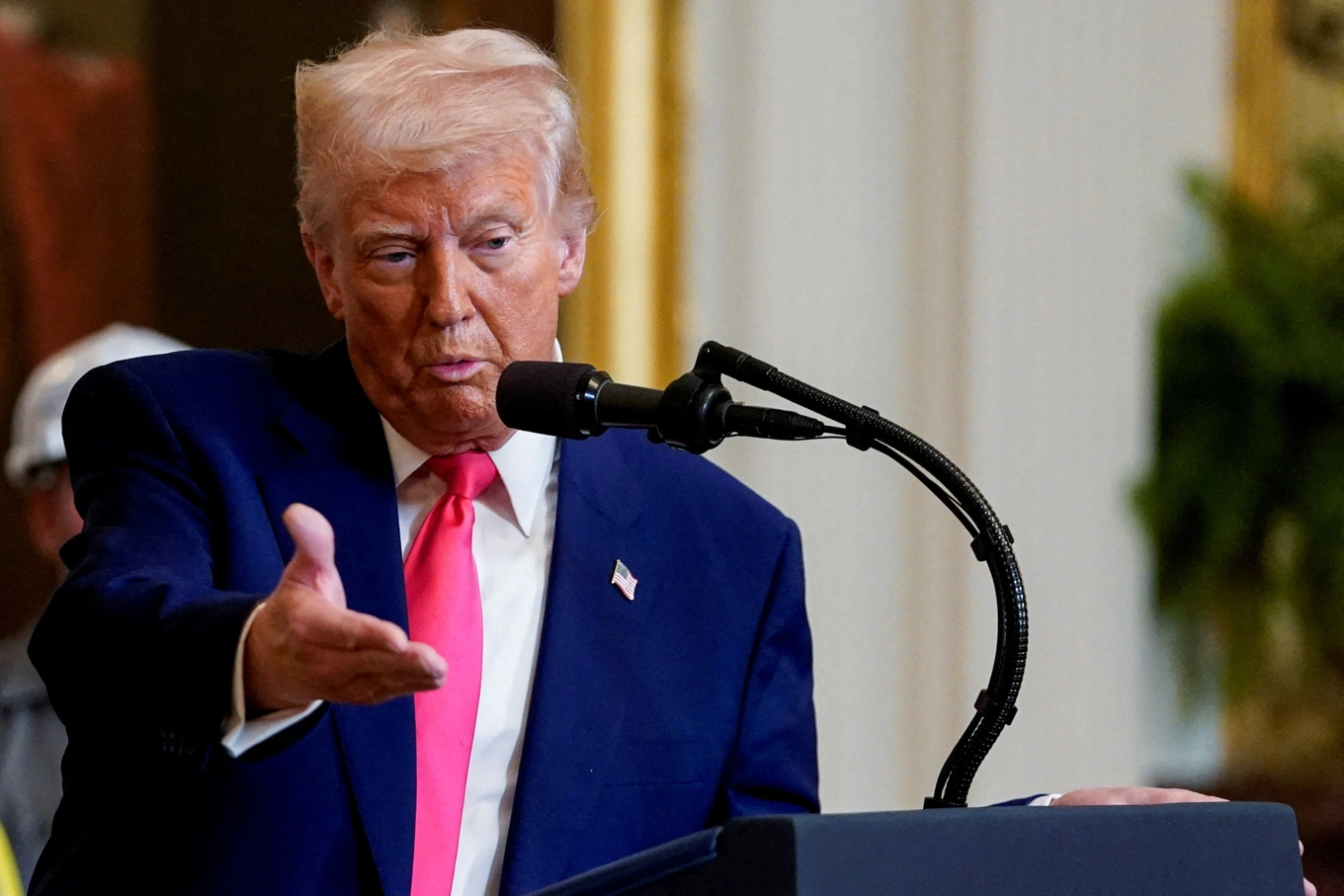

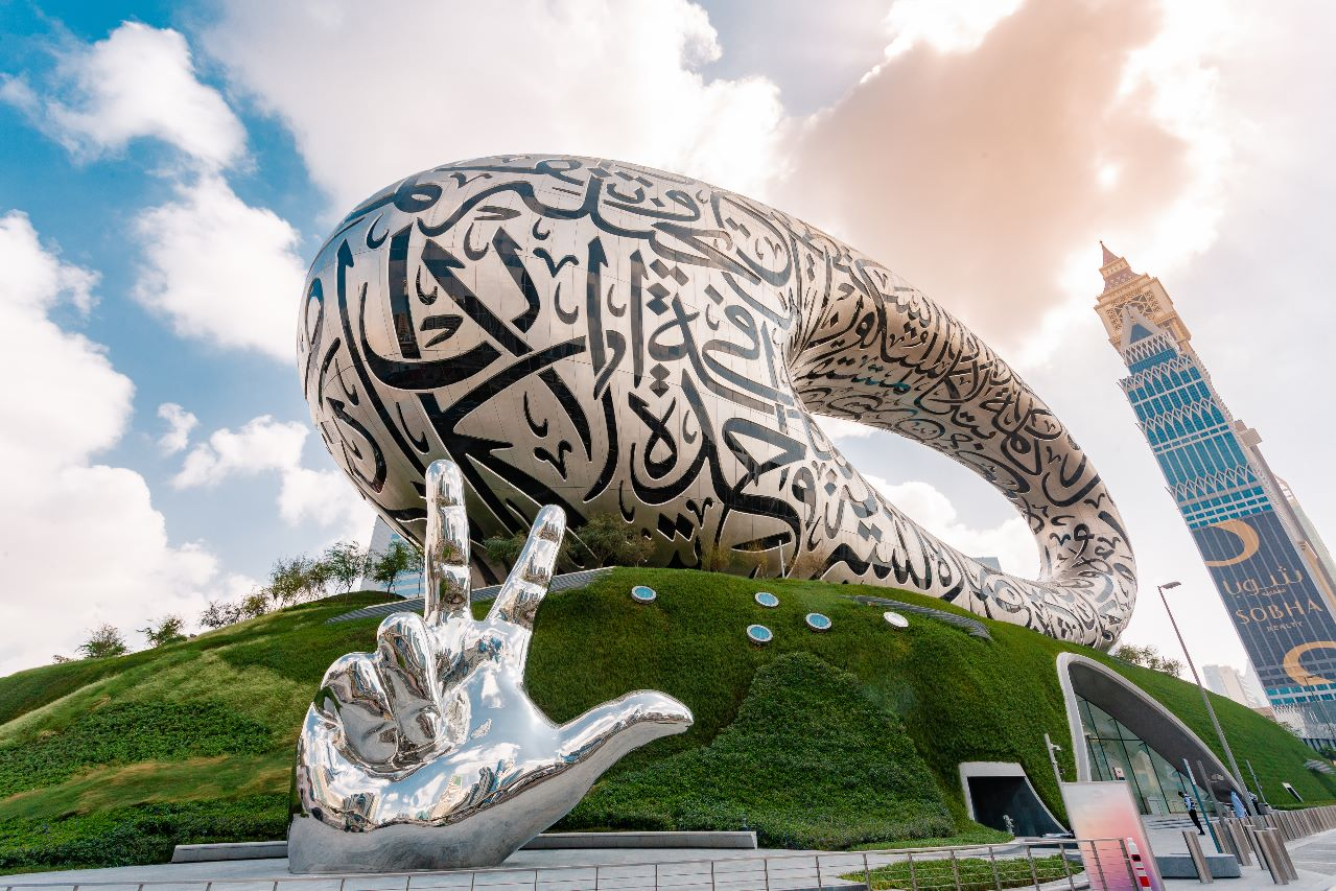


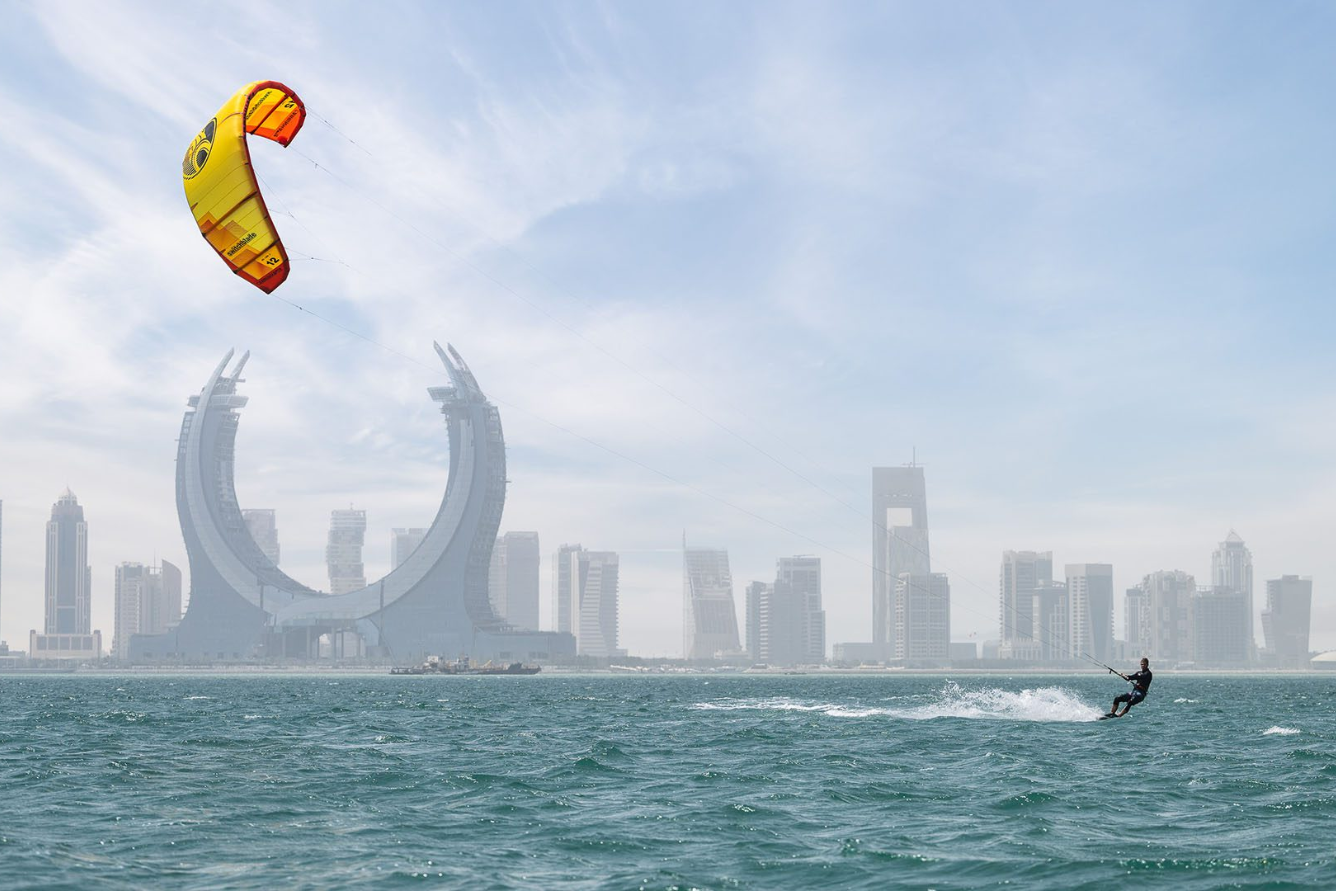
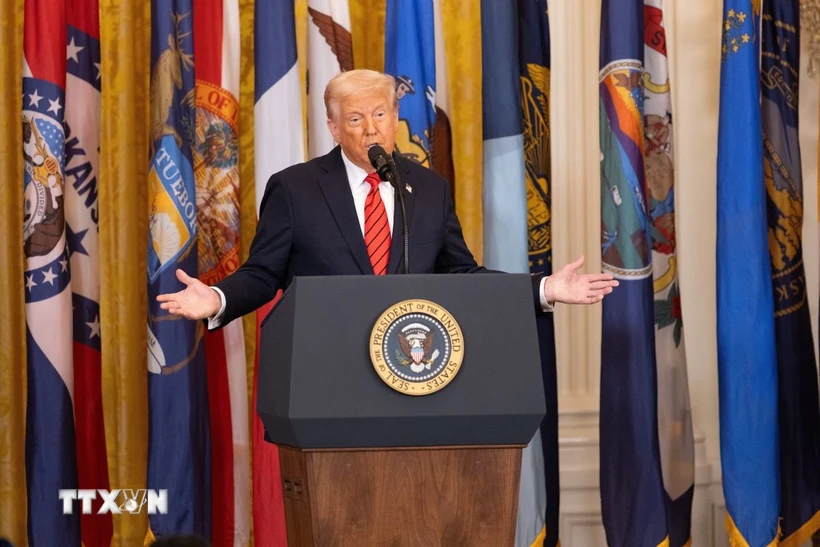



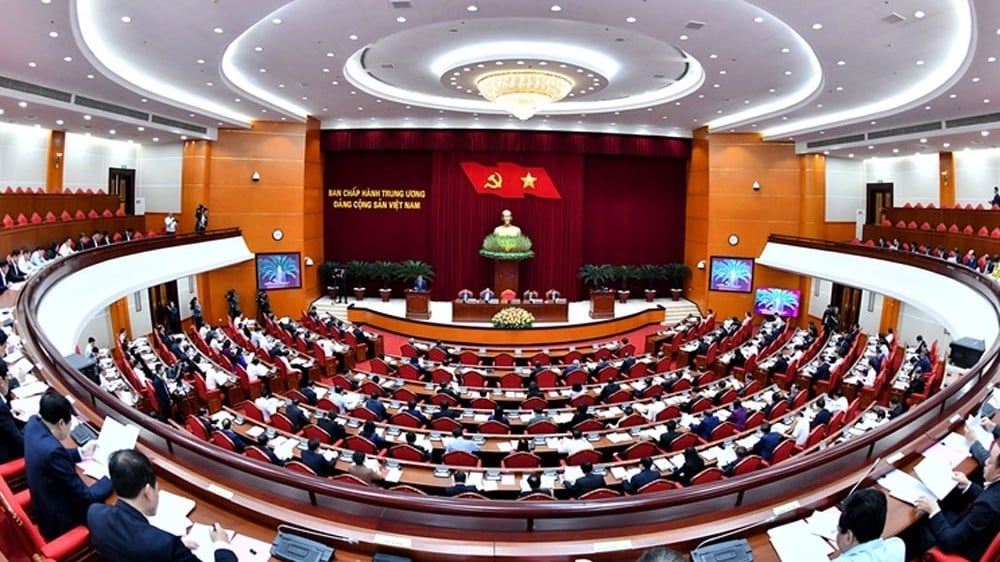
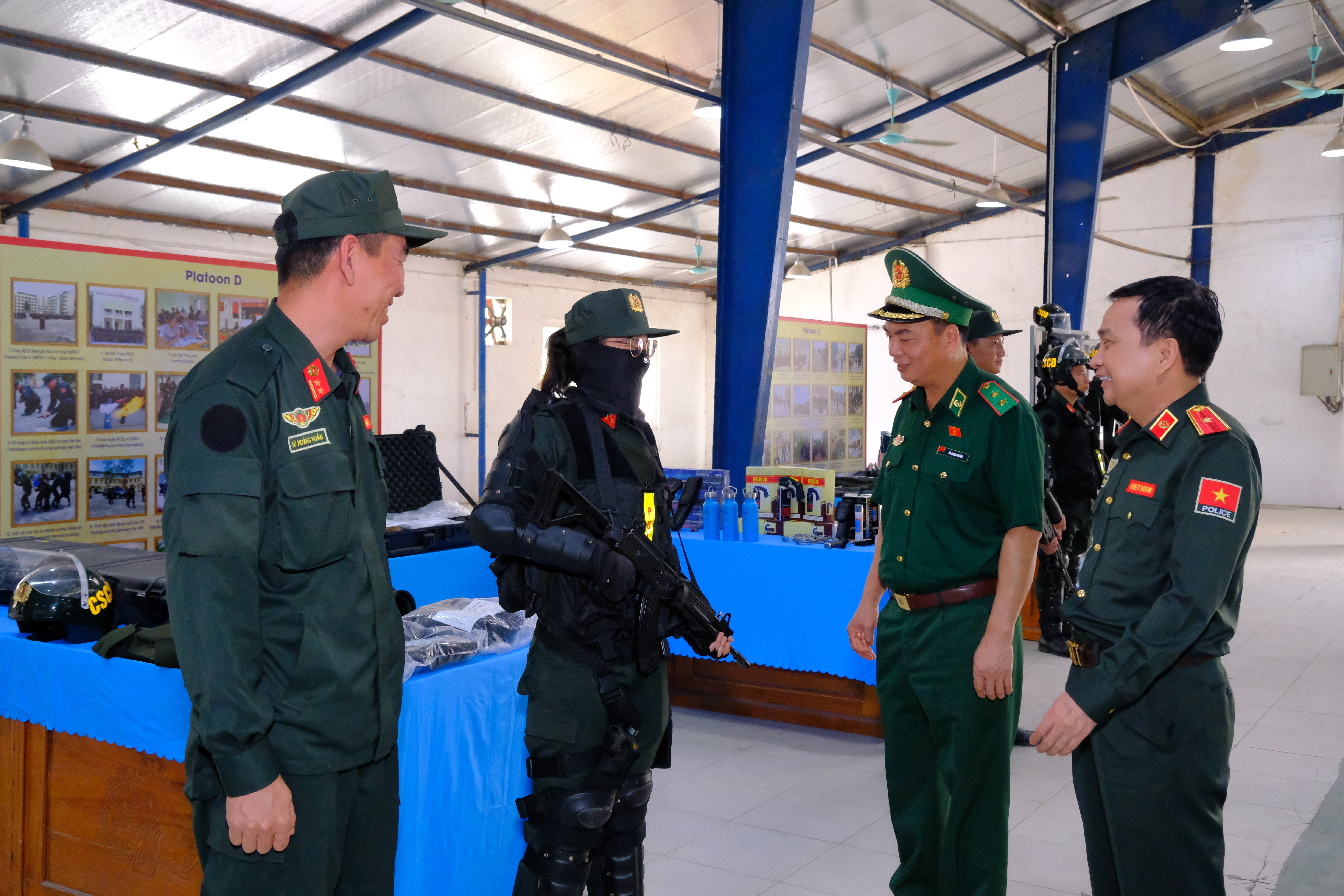
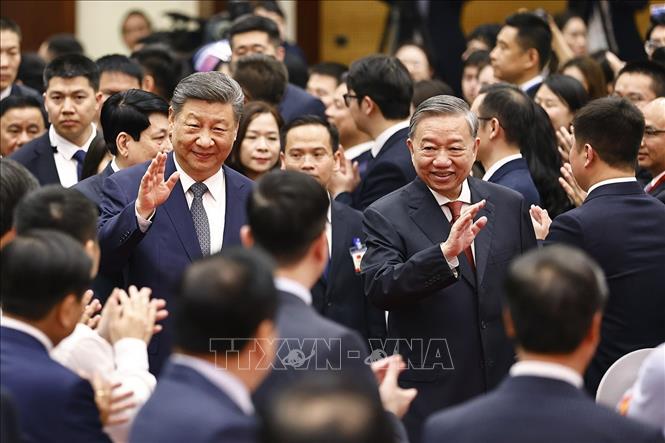












![[Photo] General Secretary To Lam meets with veteran revolutionary cadres, meritorious people, and exemplary policy families](https://vstatic.vietnam.vn/vietnam/resource/IMAGE/2025/4/15/7363ba75eb3c4a9e8241b65163176f63)







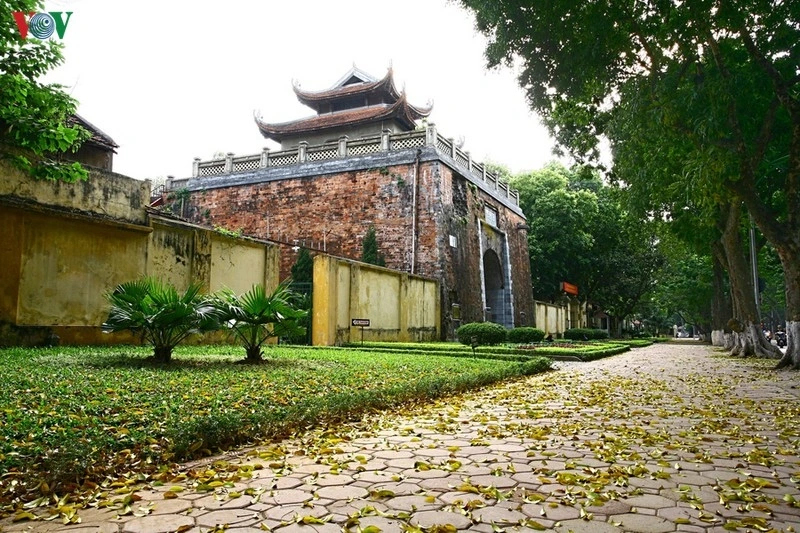
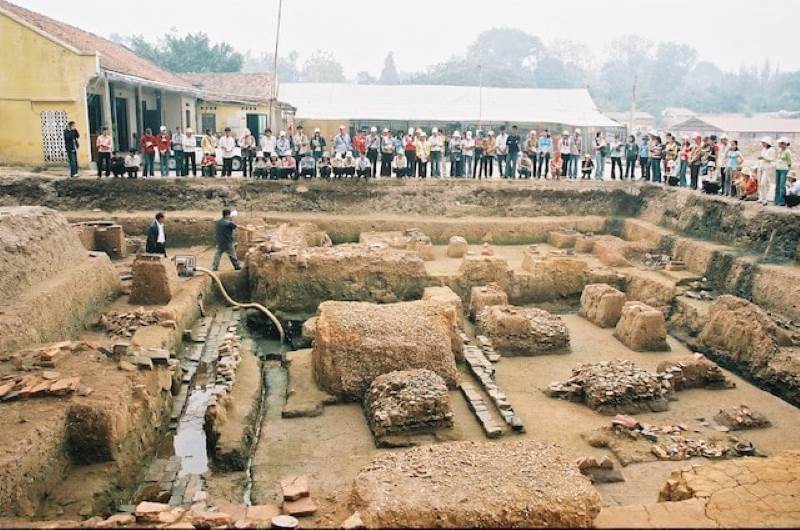

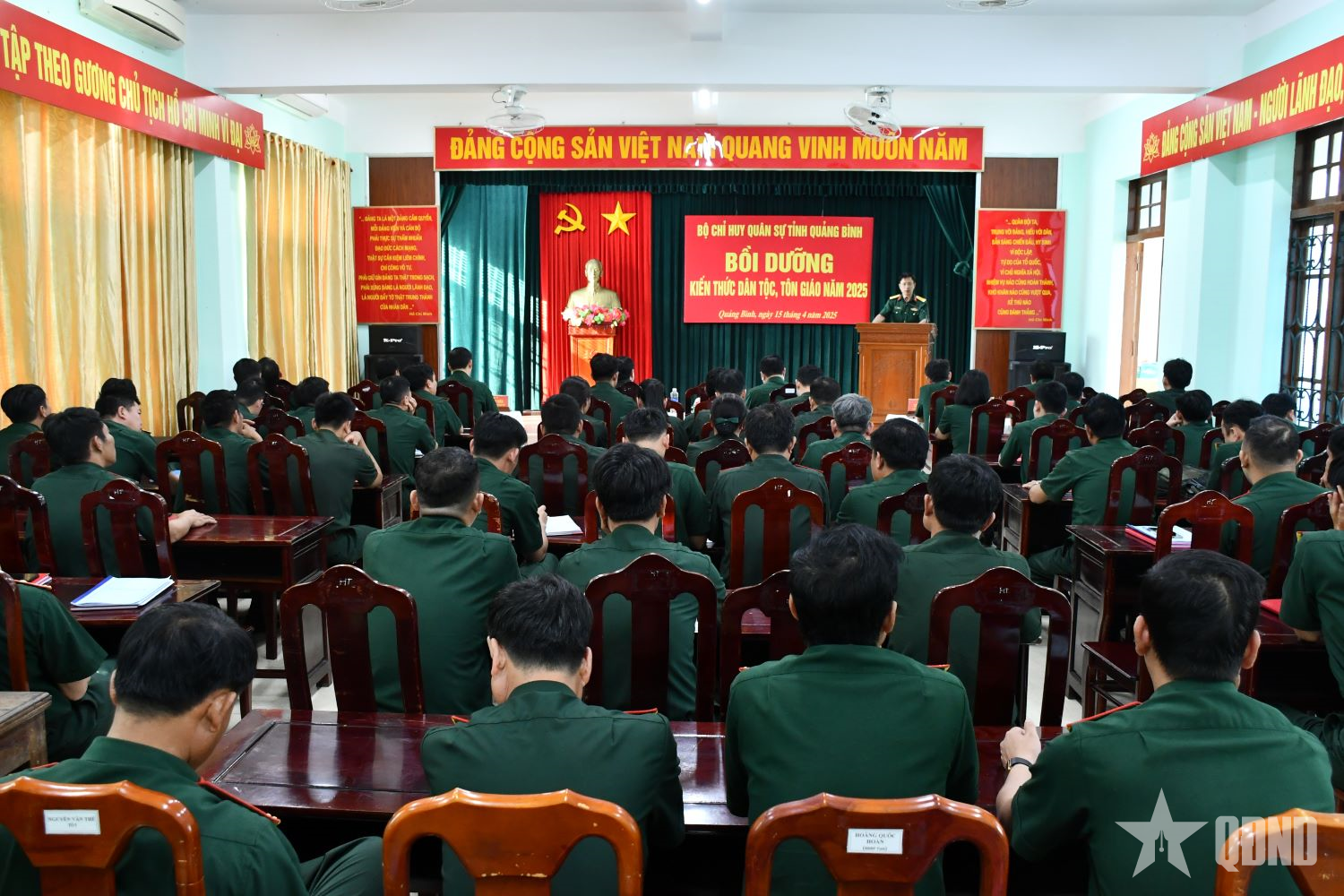







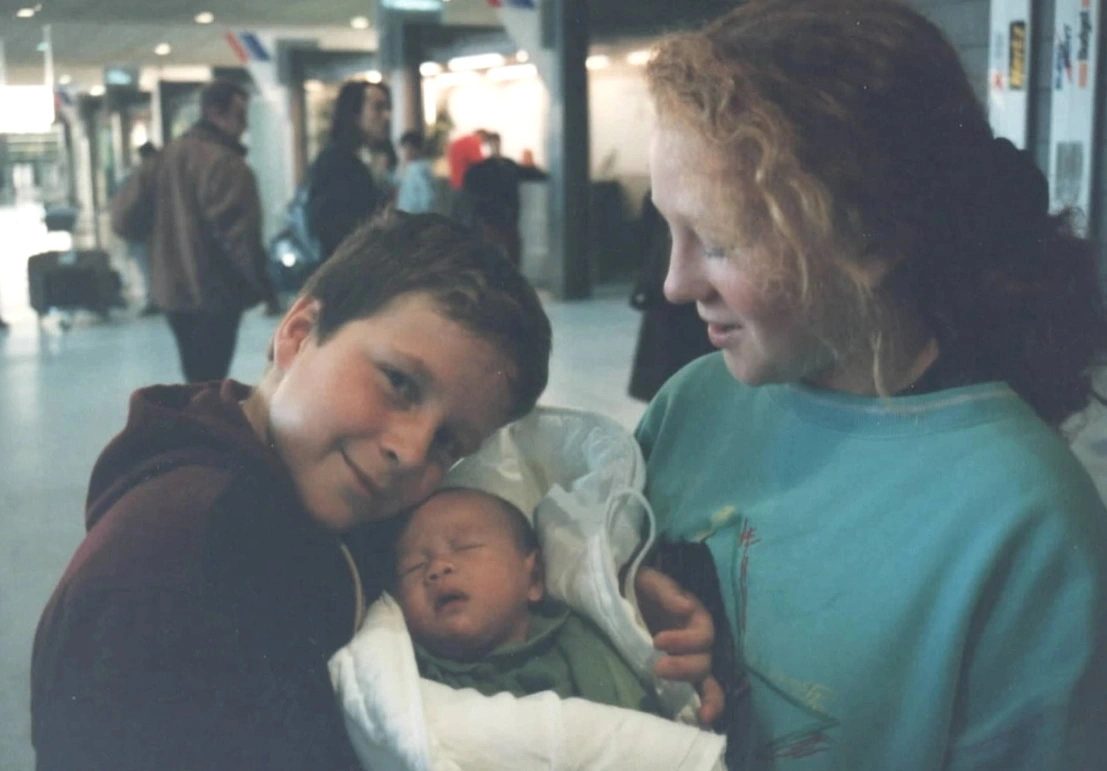




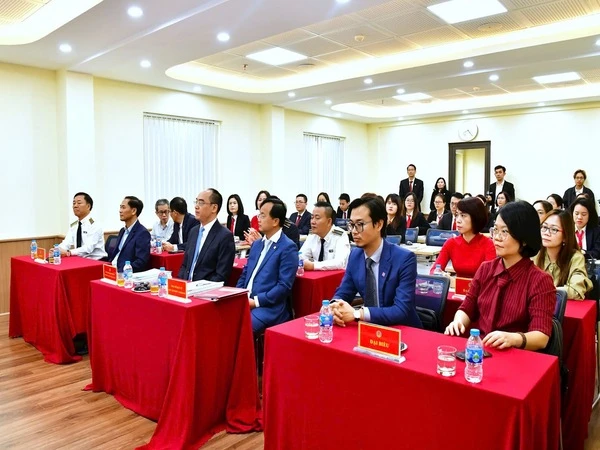



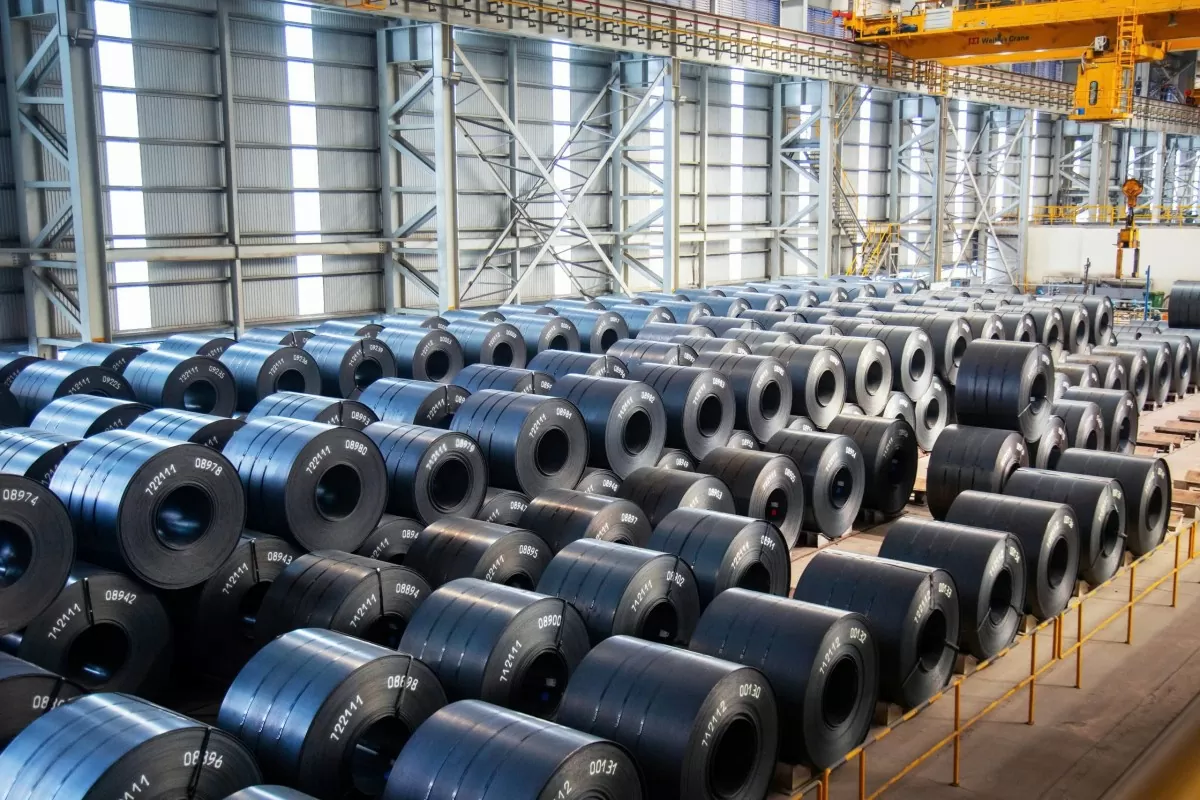

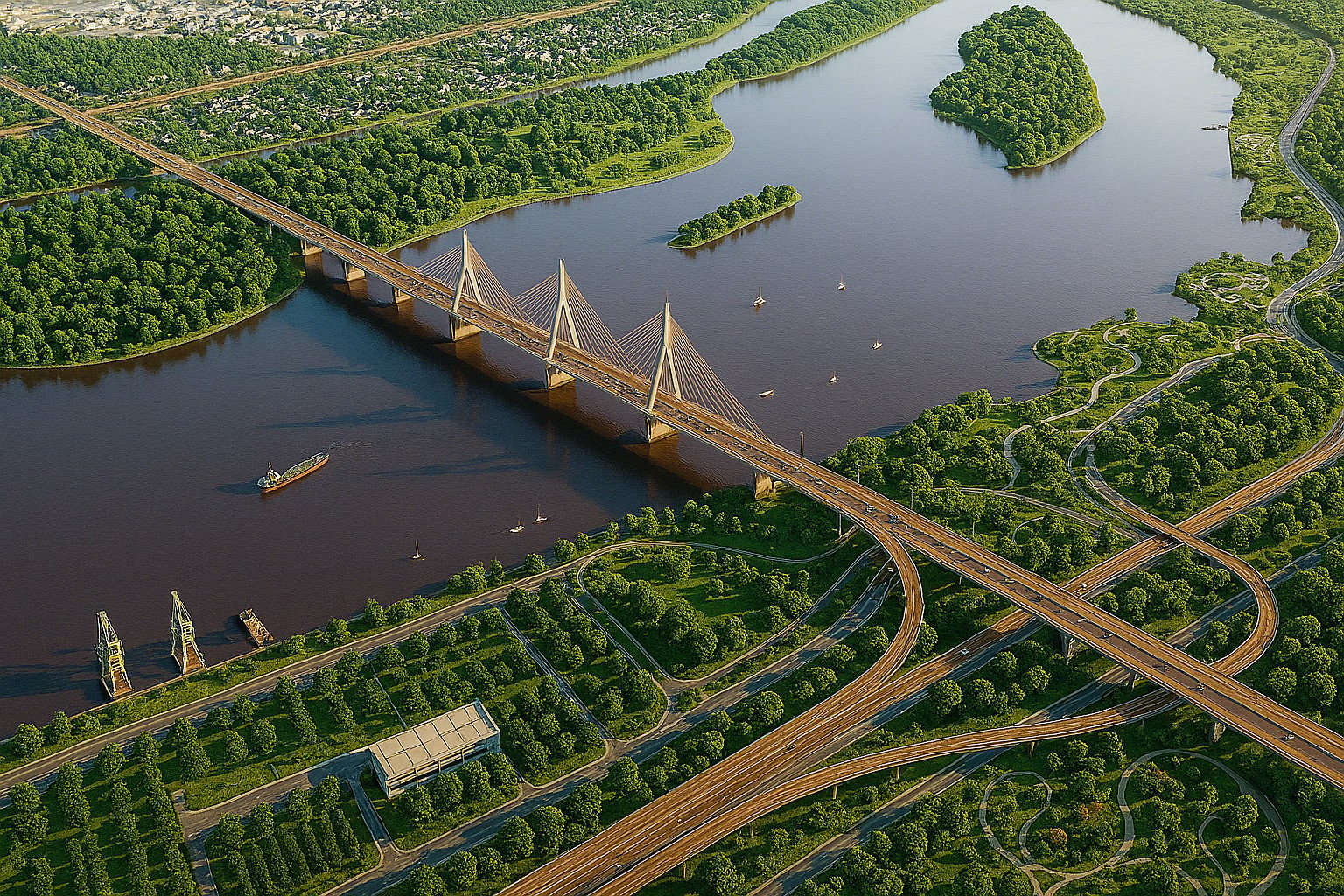




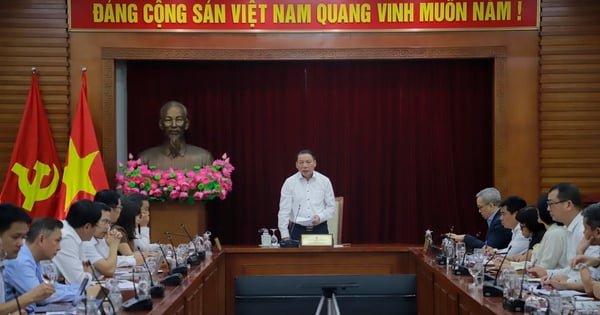

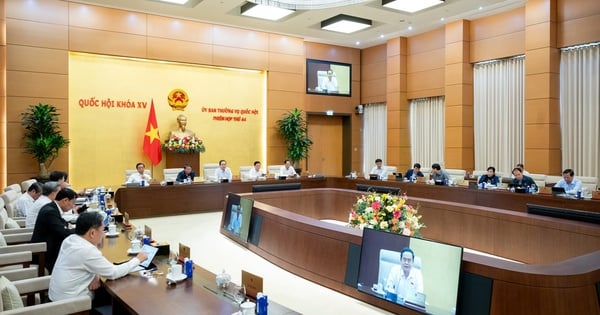

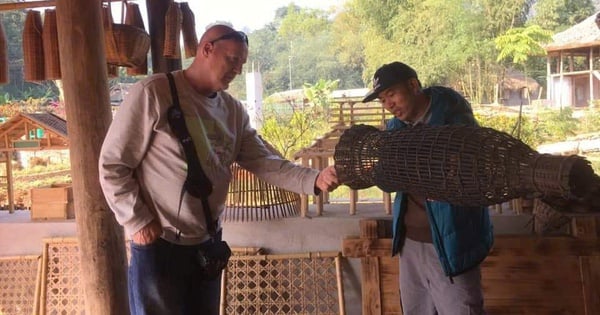

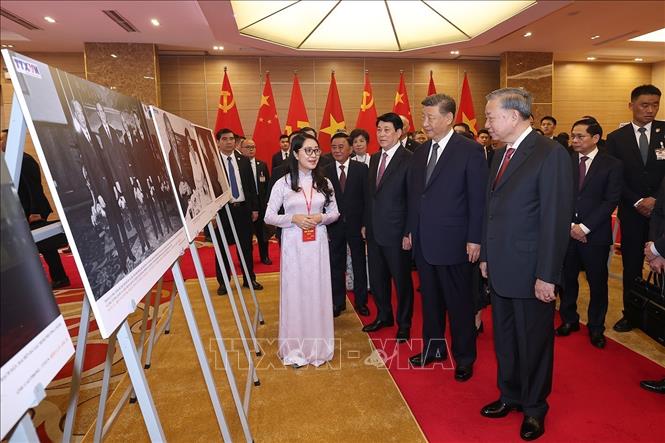



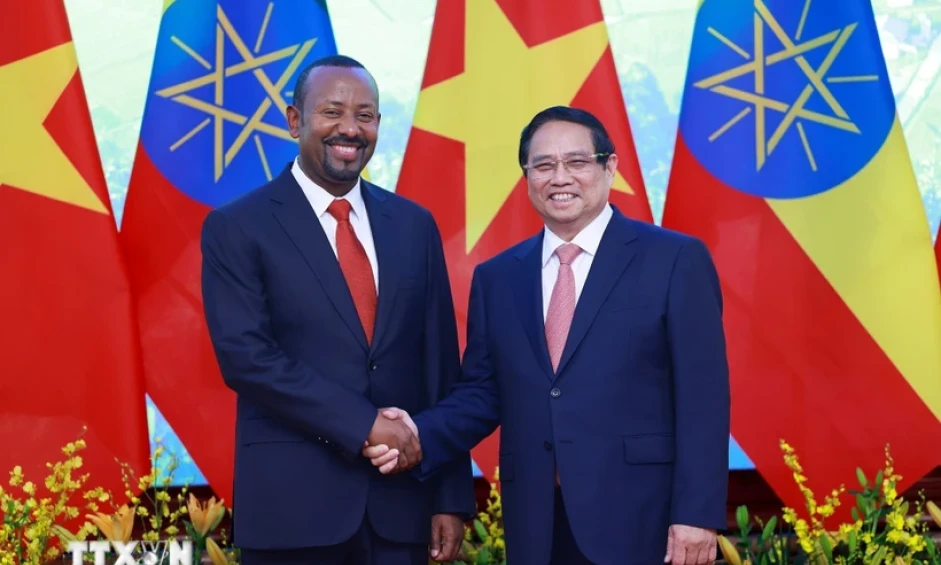














Comment (0)